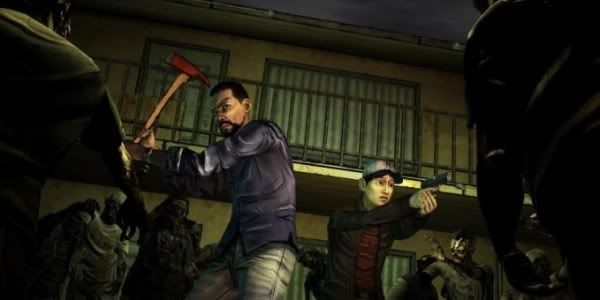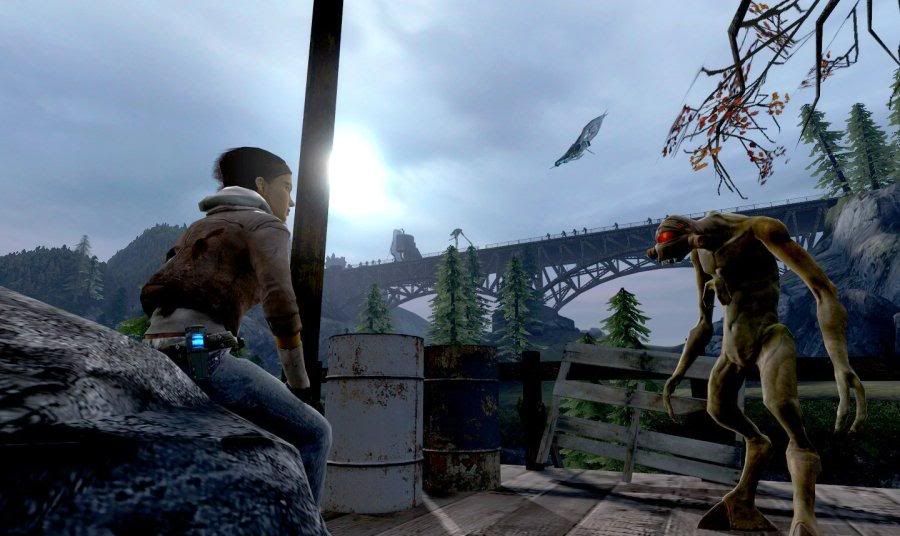This post has not been edited by the GamesBeat staff. Opinions by GamesBeat community writers do not necessarily reflect those of the staff.

After playing through the first episode of The Walking Dead game, I wondered why more developers aren't using the episodic model. It's definitely something worth looking into.
The Walking Dead shows extreme promise. Telltale Games set the gaming equivalent of the series up as a TV show, which actually works. At the end of the first episode, the screen fades to black with a next-time-on-The-Walking Dead clip of events. This does a great job of exciting the player for the upcoming installment.
Currently, this particular series will consist of five episodes releasing each month. But what if it kept going? What if Telltale took a break and a year later released season two?
I believe this model could work, and it could be profitable for developers and publishers.
First off, I think it would help solve the issue of used games. If each episode is distributed digitally, middlemen wouldn't be able to suck up potential profit. You'd still have to deal with the issue of gamers who do not have access to an Internet connection, however. One way around this problem would be for developers to put all the episodes on a disc and ship them out to retailers at the end of a season. While studios like Telltale show us that this model can work, it would be nice to see others try it as well.

It could be possible to have triple-A titles use this episodic method. Valve tried it with Half-Life 2, and it did release two episodes that continued the story back in 2006 and 2007. In reality, though, they were more like smaller expansion packs. Lionhead Studios also experimented with Fable 2 on Xbox Live, but that effort was more like splitting the game into separate parts.
Perhaps it could work like the following example. Valve releases Half Life 3: Episode 1, and it gives players the option of buying a season pass or each episode individually. This way, players can get their hands on the game and enjoy it instead of waiting a couple of extra years for the entire experience. All the while, Valve keeps its eyes on how people react to the title, so it can make changes to future content. Then, six months later, it releases the next episode, and every six months, it releases another until the story is complete.
The best part of episodic gaming is how gamers will get a better deal for the money they pay. Sadly, right now we are stuck with the $60-retail-price standard. Hopefully, with the next generation of consoles on the horizon, we will see a different model arise.
And I hope that will include more episodic content.
